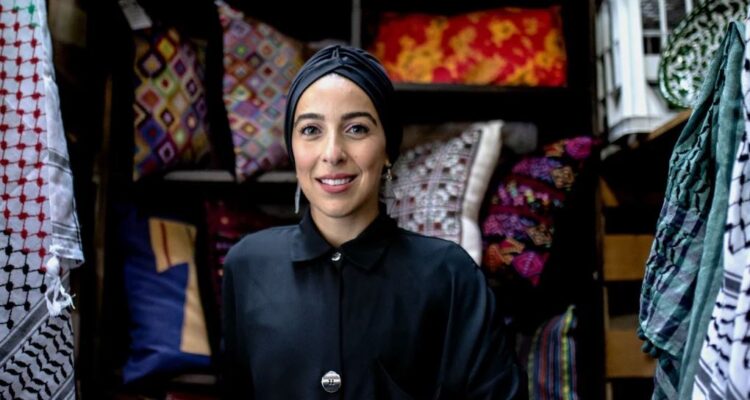When we first moved into our home, my husband and I loved our new Muslim neighbours. We exchanged pleasantries of a morning, gifts of a holiday (ours, or theirs) and lamentations over the challenges of parenting.
The real estate agent had introduced them to us as a lovely Jordanian couple, and it was only months later, when I mentioned their Jordanian-ness in passing, that they gently revealed that they were actually Palestinian, though they refrained from advertising their heritage unless it felt completely safe to do so.
Their sentiments finally made sense while immersed in Sara Saleh’s debut novel, Songs for the Dead and the Living, a sobering story of dispossession, intergenerational trauma and individuation that traverses the streets of Beirut, Cairo and Sydney.
The coming-of-age of Jamilah Husseini, a young Palestinian woman who is uprooted from her home in Beirut’s Beit Samra at the height of the Lebanese Civil War, Songs for the Dead and the Living evokes the heartache of an adolescence marred by the precariousness of refugee status, and the isolation experienced by Palestinian communities whose sufferings are forgotten – often as inconvenient impediments, Saleh suggests, to the interests of the states where they seek refuge.
Saleh deftly explores the ongoing effects of the Nakba across generations and in far-flung corners of the world, posing a complicated question: is it really home if you’ve never been?
Read the review by Sarah Ayoub in The Sydney Morning Herald.

